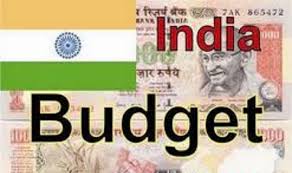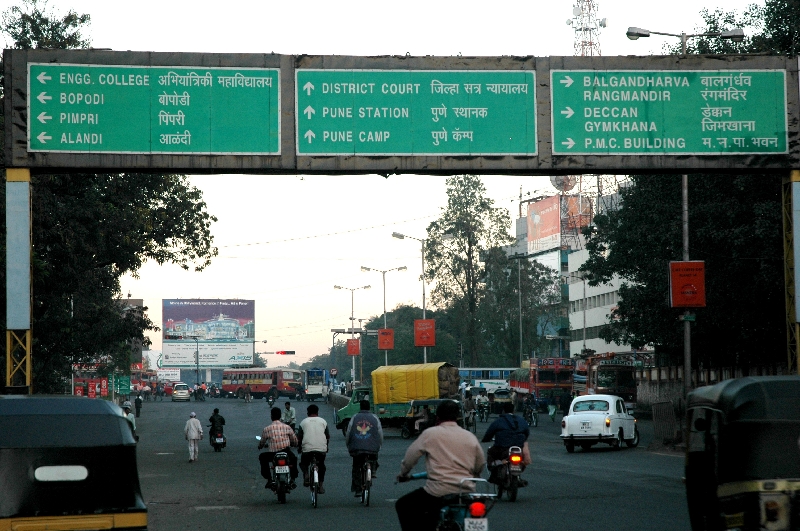Main header for the news section

Finance Ministry officials maintain that budget wish list of developers…
Main header for the news section

Finance Ministry officials maintain that budget wish list of developers…

“I am reading these newspaper reports about the real estate sector demanding so many things with the Union Budget. Most of these demands are for their financial health than understanding the market from common homebuyers’ perspective like us. Do we matter at all in this eco system where neither the government nor the developers understand what keeps us away from the property market,” says Shweta Sanyal, an advertising professional in Mumbai.

Call it contrasting match of the two extreme ends or just the confusing mate living together, but affordable luxury has gained ground in Indian realty, finds Track2Realty.

Location matters and so does a good understanding of the consumer market where a mall is located. Successful retail positioning relies on research into the local consumer market and securing anchor tenants. Once a mall opens, retail property managers must be proactive in asset management, maintaining an optimal mix of tenants and tracking retailers’ performances.

With the prices virtually stagnant and the industry being plagued with an ever increasing inventory for sale the market is in a mode of a gradual downward drift. However, even though the city property market has been witness to stagnation, there is still hope in the last quarter of the fiscal year due to underlying factor that while the property prices in the city have increased only nominally, affordability has risen with rising salaries, lower interest rate and lower inflation.

There had suddenly been a deafening silence when the RBI Governor Dr Raghuram Rajan recently asked the real estate developers to reduce the home prices. However, the economist in Rajan was not making a faux pass. He could rather see a supply side of bubble in the making. Therefore, he came harsh on the sector.

The pan-India survey by Track2Realty finds that that close to two-third, as many as 58 per cent of the real estate professionals admit to suffer some form of depression or general anxiety disorder due to demanding schedules, high stress levels and lack of performance-linked rewards.

At a time when attracting the best talent is as challenging as retaining them, and lack of quality professionals affecting the fortunes of many sectors, including the Indian real estate, it is appalling to note that the developers have yet not learnt the value of professionals.

In many ways, the year 2015 was a defining one for the residential real estate segment in India. This was the period when the market began to evolve, along with customer expectations as well as market dynamics.

The year 2015 should have been the year of realization that the days of creating ghost cities with inventory for investors is over. The greedy investor is no more interested in blocking his money with a business where the returns in any of India’s major housing market is not more than six per cent today.